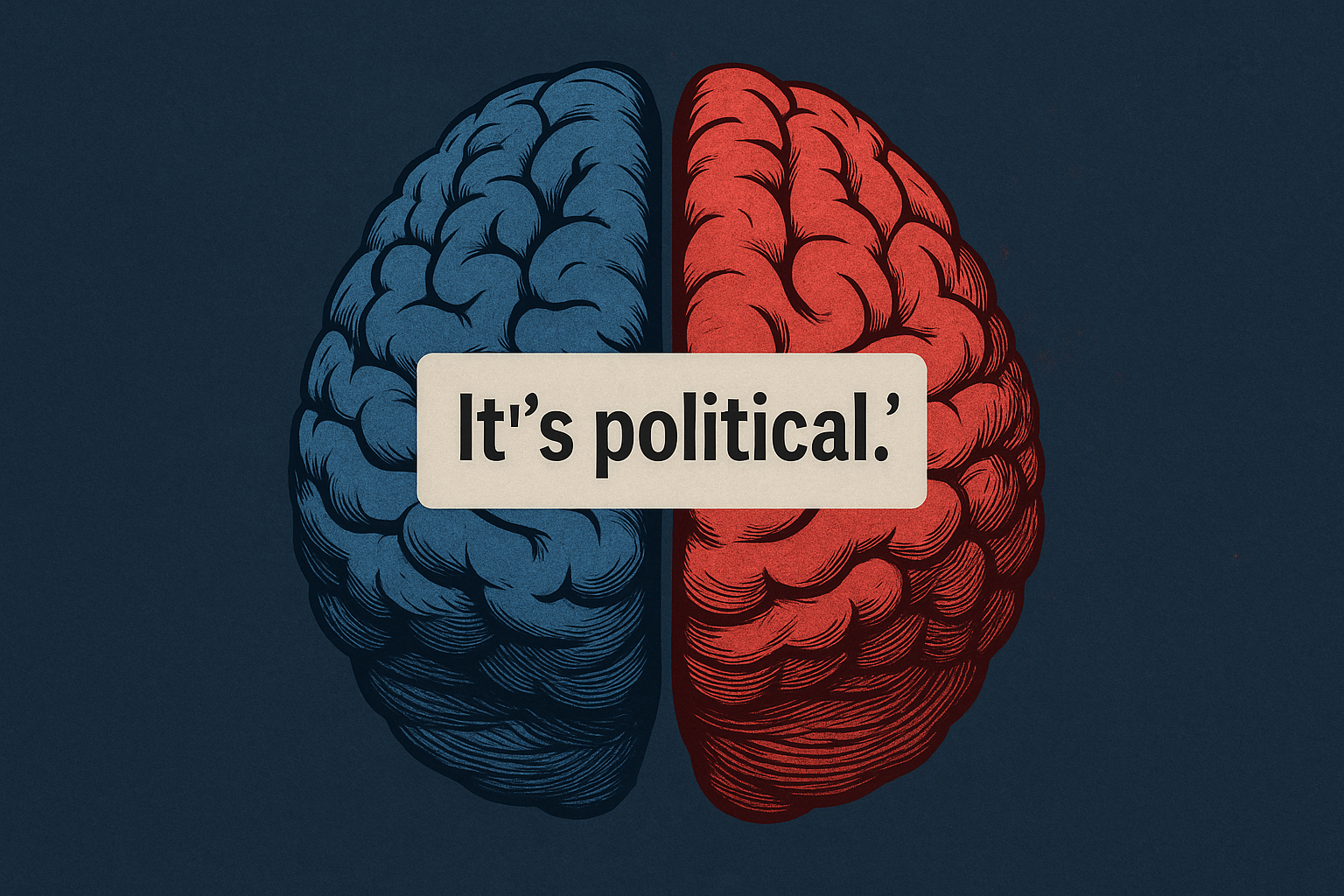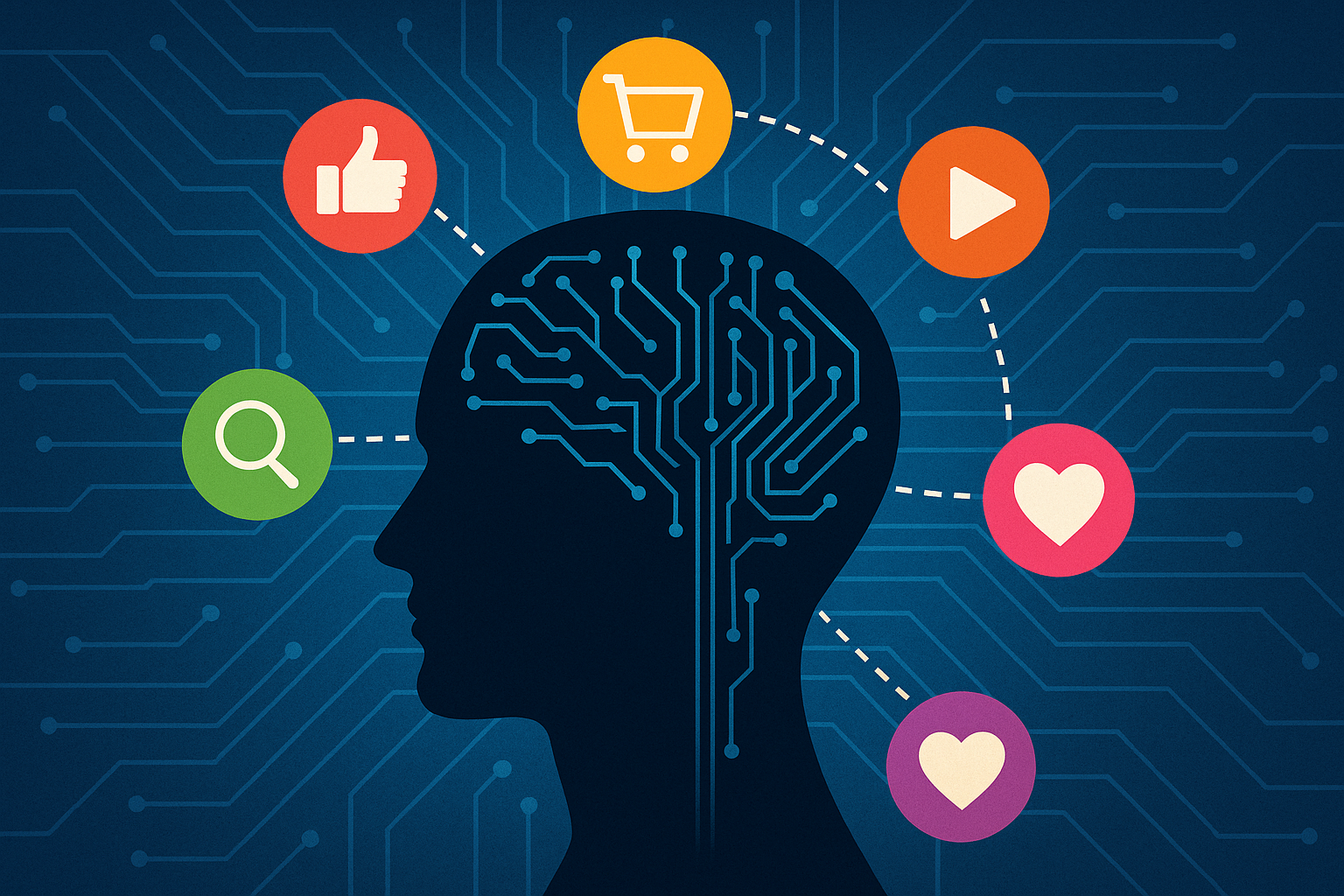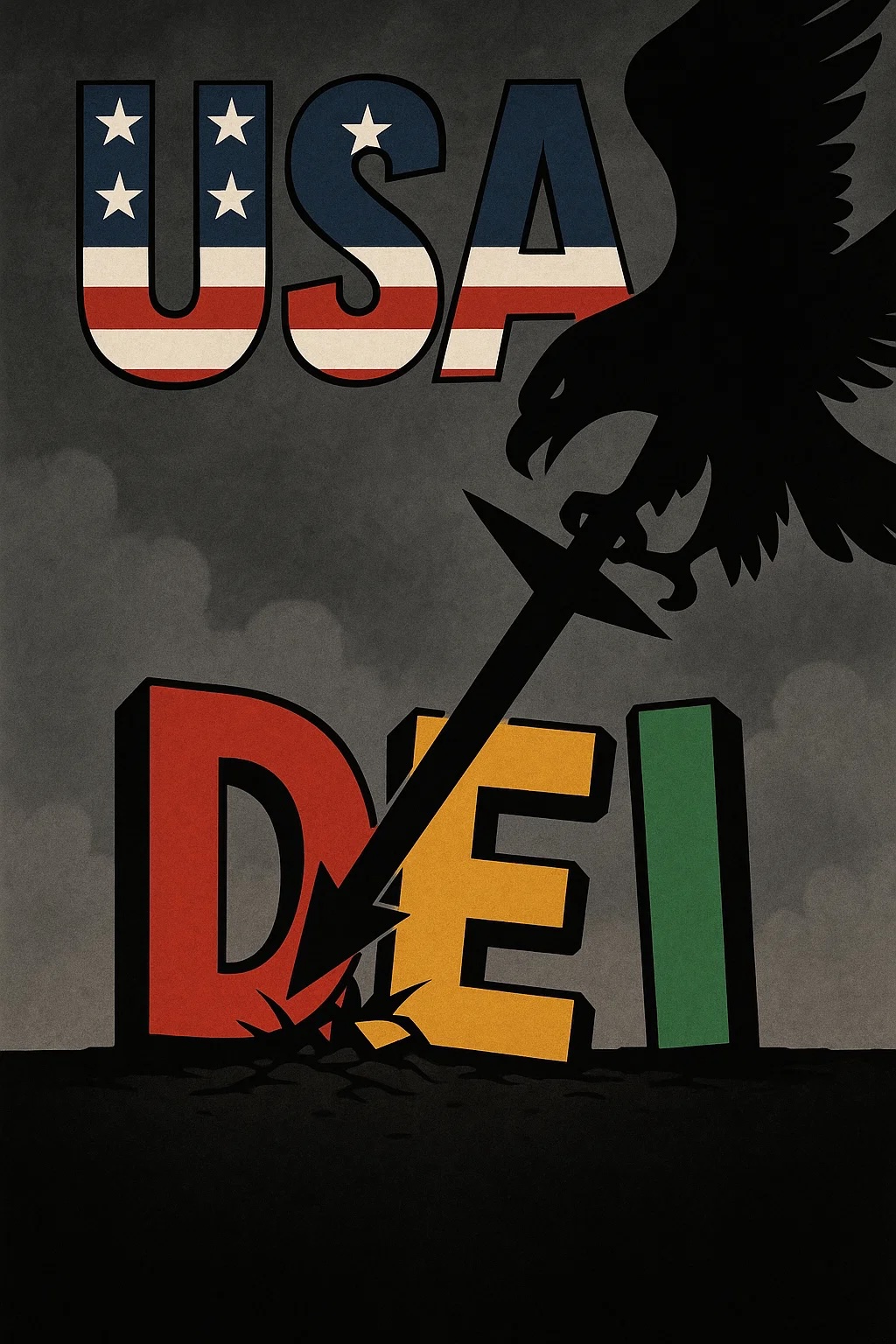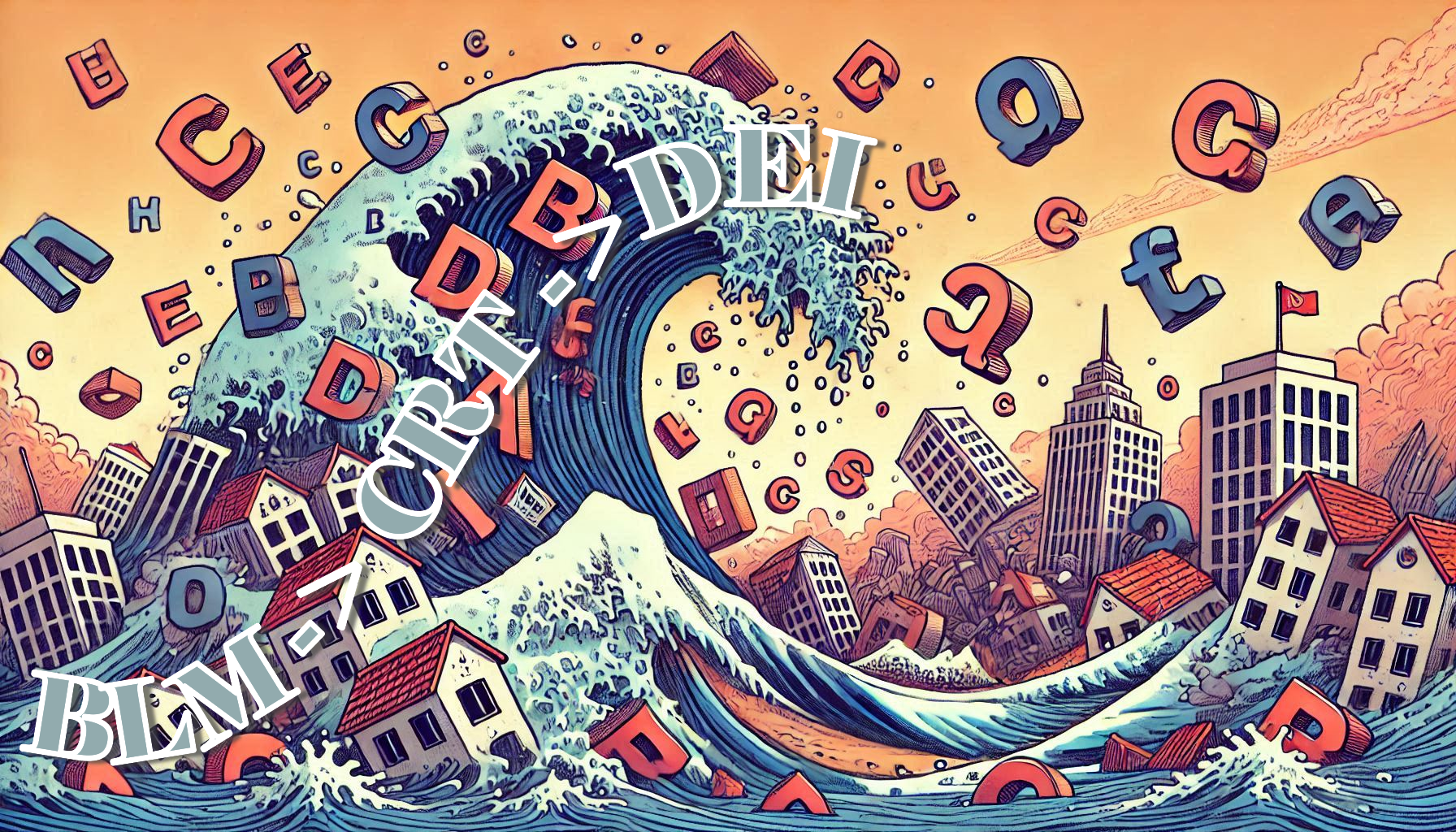I’ve been thinking about pronouns lately. I must say, I’ve spent most of my life not thinking that much about pronouns. One of the more contentious conversations I’ve had with both coaching and consulting clients has been around the use of pronouns, or rather with the practice and sharing and asking what people’s pronouns are.
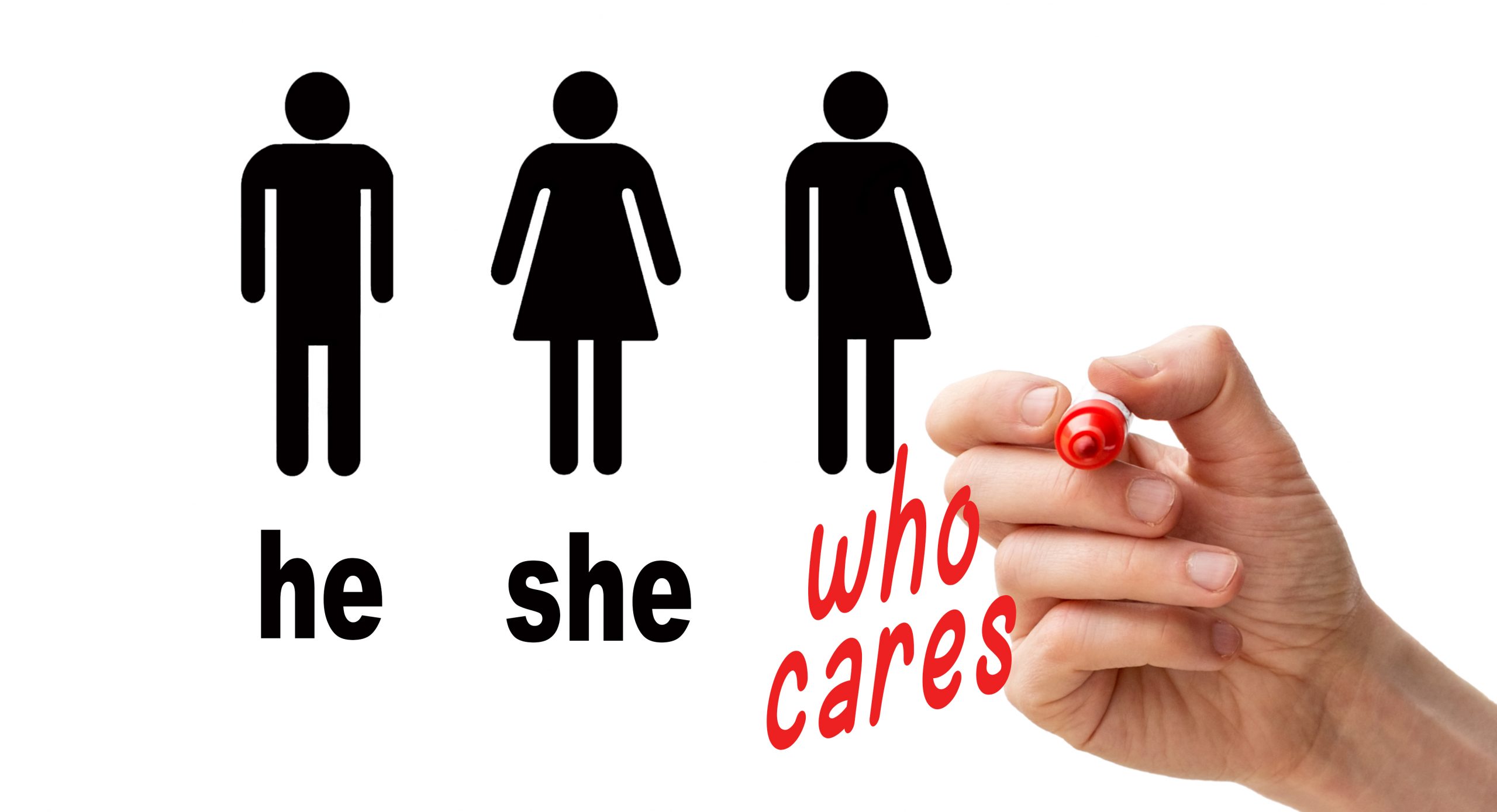
Let me back up. I am a white, middle-aged, cisgender man happily living in a mixed-race family where questions come up all the time that make me check the norms I was raised in. Including the norms of two genders and his/her pronouns.
When this comes up with clients, they pose questions like:
- Isn’t it obvious what my pronouns are?
- Why do I need to change to accommodate what is probably the statistical few in my workplace (the implication being the transgender and non-binary community)?
- This seems like overkill. Why do we need to worry about this?
- It’s not grammatically correct!
Similar questions used to shape my thinking on this topic. To which I would now respond: Your pronouns are obvious when you tell me. Until then, we are all making guesses based on whatever limited assumptions we have about someone’s physical appearance or name and what that signifies. While I’m reluctant to wade into the grammatical weeds as an expert, I’d say that grammar has always been fluid and changeable over time–new words and expressions are officially added each year to the dictionary, including “they” as a singular pronoun.
As for statistics, the US Census, the Passport Office, and most state DMVs only give male or female as an option so there is no nationwide data that even allows people to identify any other way. We need to check our own assumptions of who is in our workplace, and who is in their extended family and community–who we are alienating or excluding when we do not, as a matter of practice, say what our pronouns are in our spoken and written communication.
As a white middle-aged cisgender man, it is incumbent upon me to see myself not as the standard for the community but as a member of a wider community. Keeping my identities in mind is a reminder to myself of the identities I carry, and the knowledge that I might not (probably don’t) know the needs of identities other than my own.
It may very well be obvious to others how I identify or who I am. It may not be–and that’s why I have spoken about my identity explicitly here. Either way, I want to send a clear message to people that I’m willing to see beyond assumptions. I’m also sending a broader message to the people that I’ve yet to meet or are meeting for the first time that I’m open to conversations that may go beyond the binary.
Pronouns are, in and of themselves, a visible invitation for people who identify as non-binary to approach you and let you know how they want to be identified. Pronouns make it clear for folks with names that do not give obvious gender clues. Pronouns make it clear for those whose first language doesn’t include gender. It’s a small gesture that can mean so much to someone else. We all want to be seen for who we are. I’m left thinking why would I not want to add them to the end of my name if that helps people to see me for who I am and to open up space for them to be who they are.
It makes me think of the starfish parable: paraphrased and intentionally worded here:
A person is walking along the beach with thousands of starfish littered about the shoreline beyond the tide line. They pick up one and throw it into the ocean. An onlooker asked, “Why are you doing that? It makes no difference because there are so many of them.” They responded that it made a difference to that one.
Maybe the language in the parable felt awkward to you. Maybe not. Our language serves to shape our perceptions of the world and our conscious reality. Language will continue to evolve as we do. Asking people’s pronouns and volunteering our own makes the implicit, explicit. Which is a best practice in our post-pandemic world.
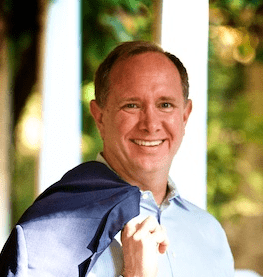
Percipio Company is led by Matthew Cahill. His deep expertise in cognitive, social, and workplace biases is rooted in the belief that if you have a brain, you have bias®. He works with executives to reduce mental mistakes, strengthen workplace relationships & disrupt existing bias within current HR processes, meeting protocols and corporate policies. Matthew has demonstrated success with large clients like LinkedIn, Salesforce and dozens of small to mid-size companies looking to create more inclusive workplaces, work smarter, generate more revenue and move from bias to belonging®.

